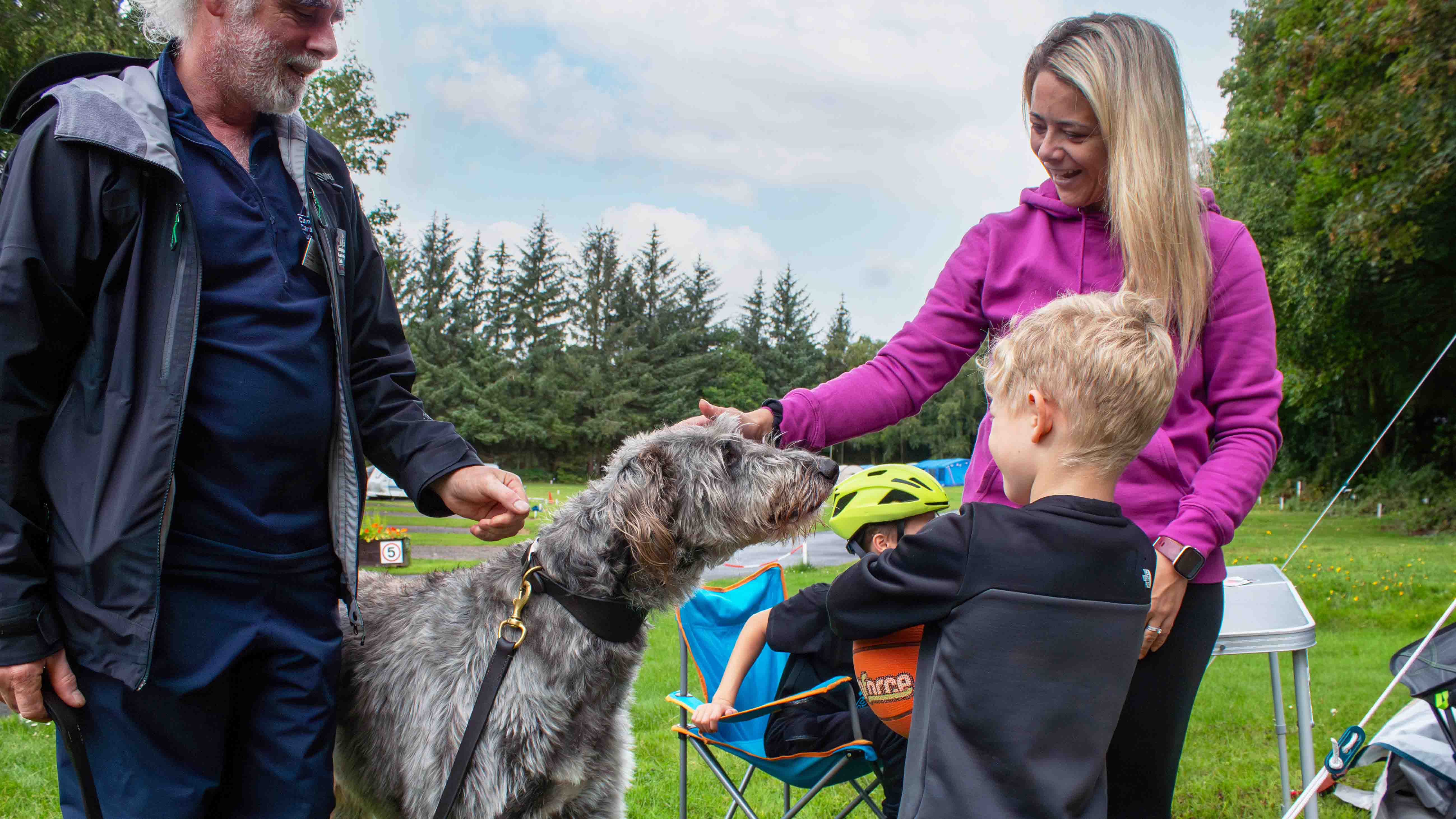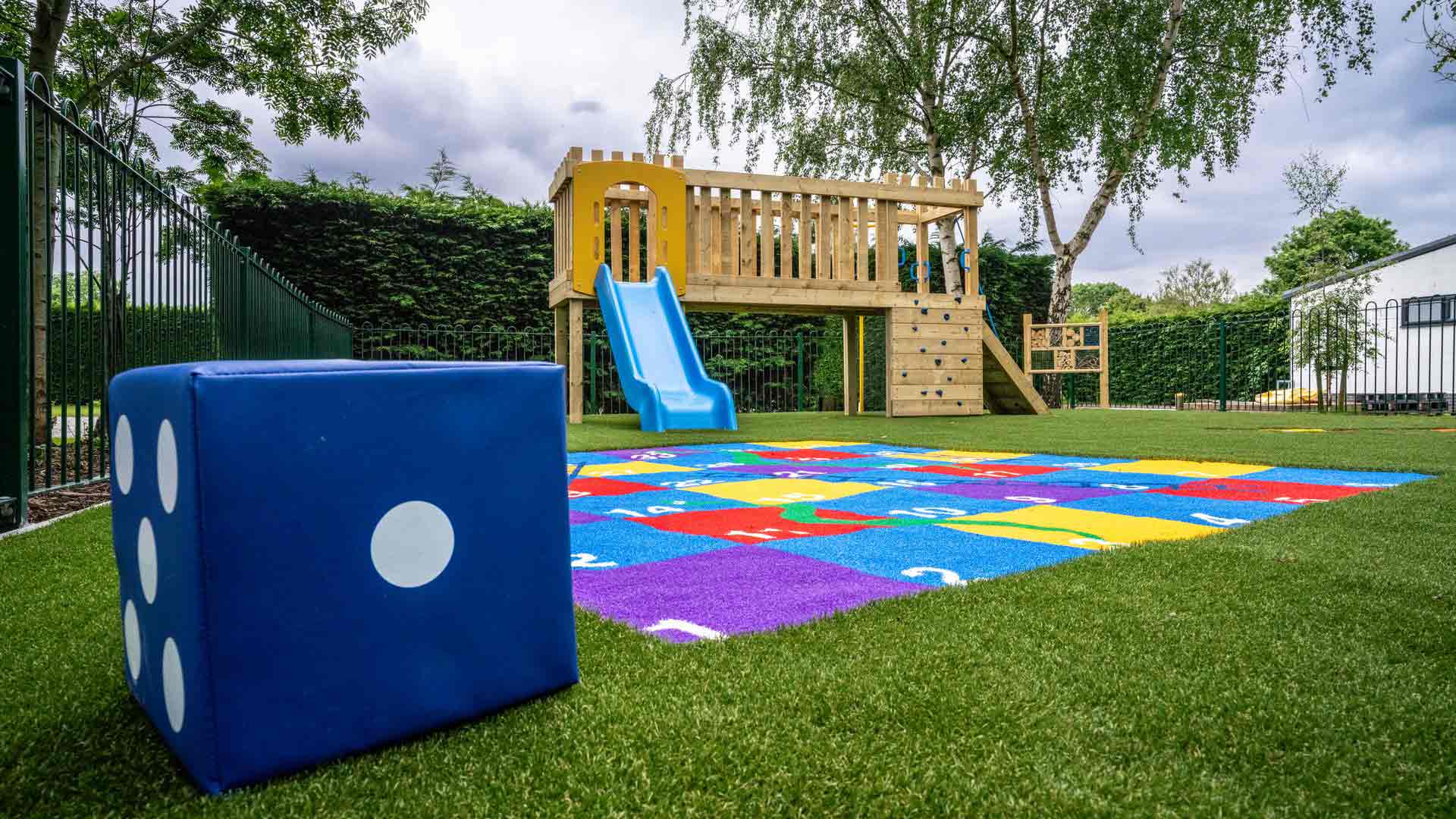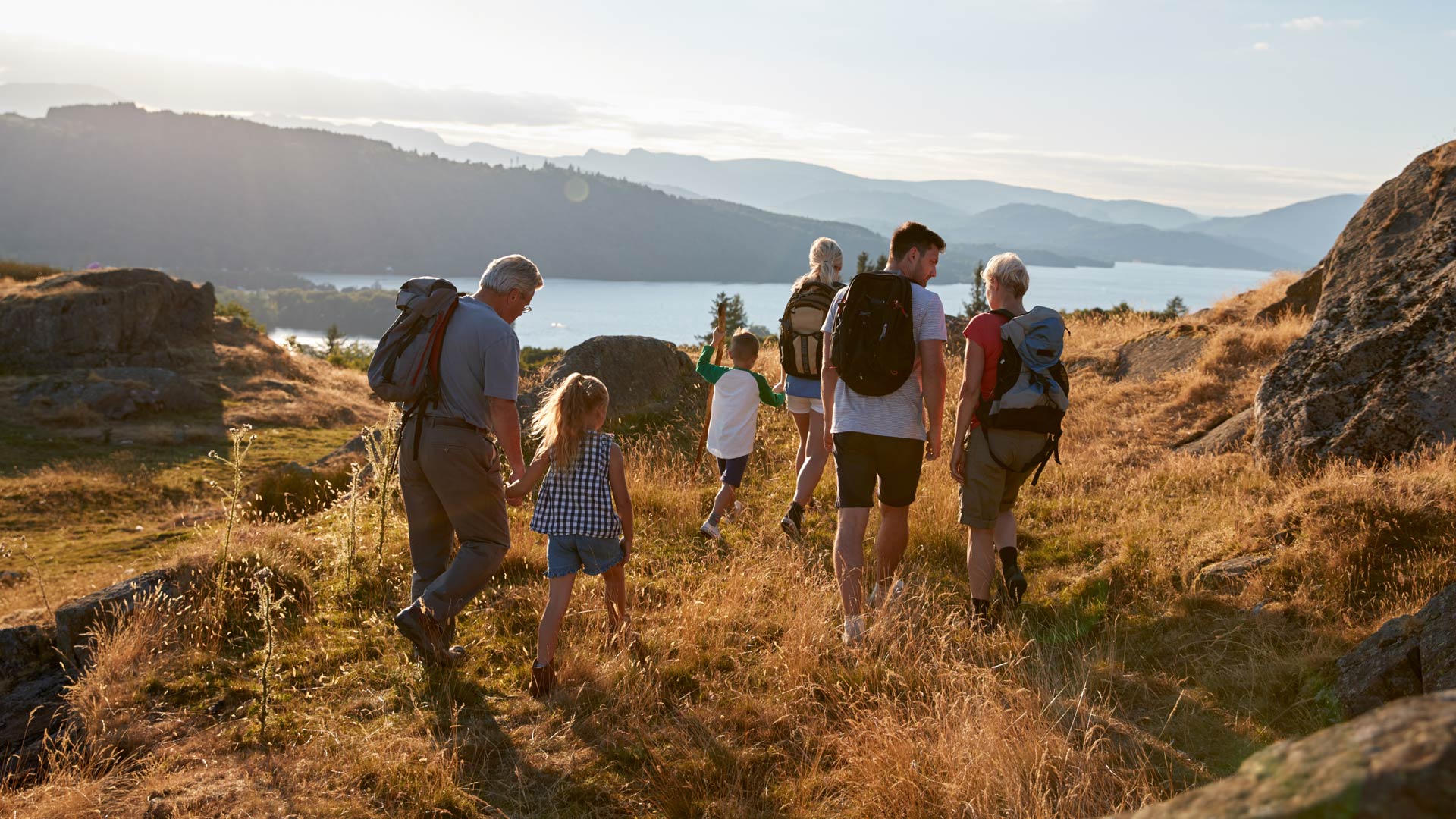- Advice
- Camping Tips
- Neurodivergent camping
Camping Tips for Families with Neurodivergent Young People
We all know that spending time outdoors is good for us, and young neurodivergent people are no exception.

Shameer Shah, one of our Member Voices spoke about how camping has had a huge impact on his family in our June 2025 issue of Camping & Caravanning: “Camping has been a transformative experience for my family. With my son’s autism and severe learning difficulties, the outdoors has become a sanctuary where his sensory needs are met, and our spirit finds calm.”.
If you can feel panic rising at the thought of spending time in a new environment, away from home, but want to give camping with your family a go, we’ve got some brilliant tips. Some of these ideas have been provided by @mama.bodhi.river, who is no stranger to managing sensory needs on holiday.
Book family-friendly campsites based on your children’s needs

Pick a campsite with features like play areas, Wi-Fi, laundry facilities and plenty of activities nearby to keep your family entertained. If you have any questions about the security on site, or whether the facilities on-site are suitable for your family, call the campsite before booking. Site staff will be than happy to help answer any questions!
Choose your pitch carefully
You can make a special request when you book with us so you may want to consider how near or far, you’d like to be from the toilet block or whether the smell of the bins might cause upset to your family. It’s not always a guarantee that there’s a pitch available in a desired location but it’s always worth asking.
Pack your home comforts
Bring any items that are essential for your young person’s comfort at home, such as a teddy or blanket. A new environment can cause additional stress and anxiety, so comfort items can help offer familiarity and security. If you’re unsure what other items may make your trip stress free, you can use our family packing list.
Do a practice run at home
Whether you’ll be staying in a tent, caravan or campervan, try and “camp” for one night at home or somewhere familiar such as the grandparents. Take as many items as possible that you’ll be using while you’re away, like sleeping bags and cooking equipment so you can get a gauge early on anything that might not be right for your family.
Build familiarity with your campsite before you go
Look at images, videos and even our Club Site maps as a family before you arrive. That way everyone’s seen what your chosen campsite looks like and what to expect. For extra interactions, you can engage with our social channels and even sign up to our newsletter to get regular updates, advice and inspiration to put you and your family at ease.
Pre-plan your meals

Setting up camp is exhausting; you won’t want to cook a complex meal so decide on an easy meal to have on the day you arrive on-site or book at one of the local pubs for extra ease. For the rest of your trip, make sure you’ve got some comfort meals and snacks ready. Take these with you on days out exploring, or pre-book familiar restaurants if you’re travelling with picky eaters.
Some campsites may have food vans that come during the week, selling fish and chips, burgers or even pizzas. Call the site ahead of your trip to see if this is something offered on the site to prevent missing out.
Make a visual brain dump board
If your kids struggle with changes in routine, make a visual list of daily non-negotiables like toothbrushing, sun cream, and drinking water. This frees up your mental capacity and gives your kids a sense of ownership.
Make a sensory sanctuary
Designate an area in your camp setup, such as a bottom bunk or the corner of your awning, as a place for immediate self-regulation. Keep noise-cancelling headphones, favourite fidgets and comfort items for anyone in the family who needs to take some time to recharge their batteries.
Schedule quiet time
One hour of quiet time allows everyone to decompress and avoid overstimulation. Make this an afternoon ritual and pack quiet activities to keep everyone entertained.
Provide limited activity options

When you’re visiting somewhere new, the temptation to explore and do everything can be overwhelming. Get your children involved in planning your daily activities, but give limited options that you know everyone will be comfortable with.
Keep a daytime bag packed
Keep one bag stocked with daytime essentials so there’s no mad rush before heading out for planned activities. Pack snacks, water, sun hats and any other must-haves you know your family will reach for.
Go with a low-pressure schedule
Keep stress at bay with a low-pressure schedule, plenty of flexibility, and a backup plan in case anyone needs a break. Camping allows you to make all of the rules, so don’t feel like you have to stick to a plan.
Find and book your next camping trip on one of our family-friendly campsites.
